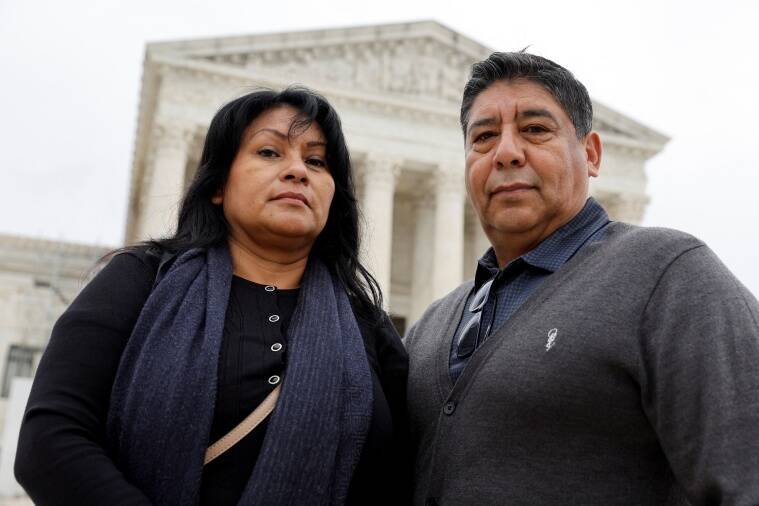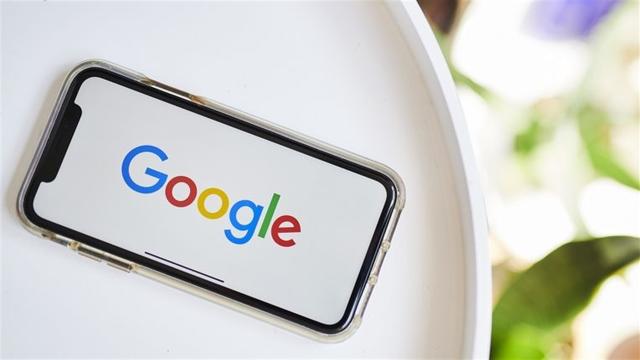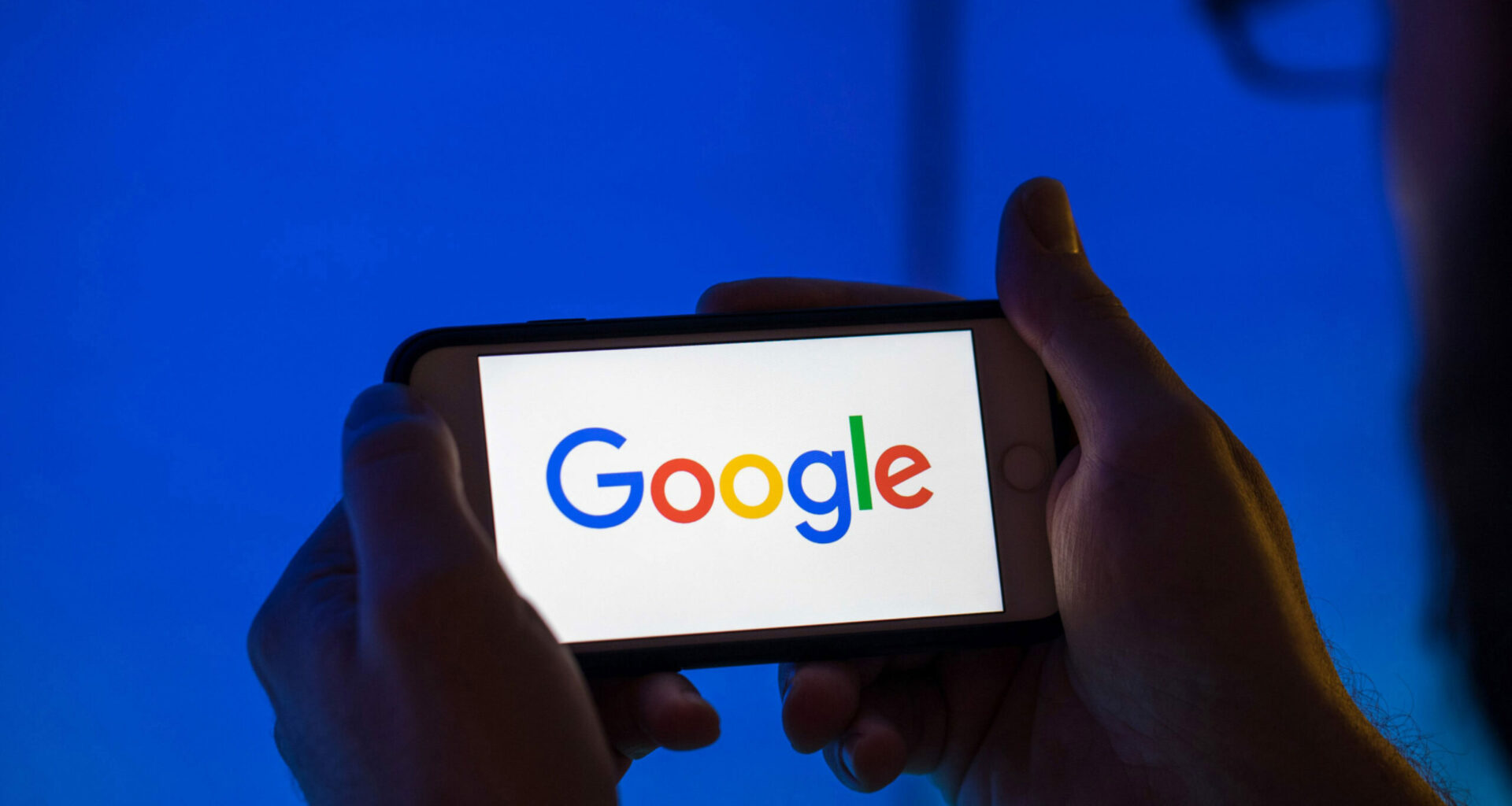Nohemi Gonzalez, a 23-year-old American, was one of at least 130 people killed in coordinated Islamic State attacks in Paris in November 2015. Her family has filed a lawsuit against Google on her behalf.
The most lucrative sector of the internet economy, online advertising, may soon be in jeopardy due to a case set for hearing before the United States Supreme Court.
Gonzalez v. Google, which will be argued on Tuesday, concerns the responsibility of internet service providers for the suggestions made to users by their algorithms. The tech sector claims immunity under a provision of communications law known as Section 230.
The potential financial impact on online service providers has dominated the conversation surrounding this case. This is because of the potential liability they could face for the hundreds of millions of user-generated comments, videos, and other forms of content posted every day. Facebook and Google, both owned by Alphabet Inc. (NASDAQ:GOOG), could lose a significant portion of their revenue if such a decision were made, as automated advertising is a major source of that revenue.
Also Read: India allows Google, Amazon as online payment aggregators

Marc Beckman, CEO of DMA United, an advertising firm that frequently uses Google and Facebook’s tools to serve targeted ads to potential customers around the world, said, “This case could adversely impact the entire advertising ecosystem.”
The family of Nohemi Gonzalez, a 23-year-old American who was one of at least 130 people killed in coordinated Islamic State attacks in Paris in November 2015, has filed a lawsuit against Google. YouTube, owned by Google, is being held accountable by the family for its role in spreading propaganda for Islamic State through automated recommendations.
Google has chosen to remain silent on the matter. However, in its brief to the Supreme Court, it expressed concern that the case could have a negative effect on the economy and on advertisers in particular. According to a spokesperson for Meta, the company is concerned that the court could weaken Section 230, which it believes protects it from liability for all content from third parties, including advertisements.
Facebook and Google take in nearly half of the global market share for digital advertising revenues. Each of these firms, often referred to collectively as the “duopoly” of online advertising, generates billions of dollars annually by amassing massive amounts of user data in order to target ads to those most likely to be interested in them.

Advertising revenue for Google was $168 billion worldwide in 2022, while Meta’s was $112 billion, as reported by data analytics firm Insider Intelligence. Google is expected to bring in $73.8 billion in the United States alone this year, while Meta is expected to bring in $51 billion. A Supreme Court decision would only be binding in the United States, but it would be logistically challenging for companies to treat their largest market any differently than any other.
Already, the ads the companies show, especially those dealing with touchy subjects like healthcare, politics, and job openings, are being challenged in court. Due to Section 230, most cases against Facebook and Google are dismissed before trial.
If the Supreme Court decides to restrict the scope of Section 230, that could rapidly alter. According to Cathy Gellis, a California attorney who has represented tech companies in online speech cases, advertisements may be considered “user-generated content” if the Supreme Court’s ruling is expansive. This is despite the fact that the shield protects companies from lawsuits over content generated by ordinary people.
Global governments are starting to crack down on the digital advertising industry over concerns that it violates citizens’ privacy by collecting too much data on them without their knowledge or consent. According to Beckman, the digital advertising ecosystem is already feeling the effects of privacy regulations in countries like the European Union that limit the amount of data companies are allowed to collect on users.
Also Read:Elon Musk’s buddies in Silicon Valley are Predicting He Will Emerge Laughing








